DR Congo: A market in the middle of the bush
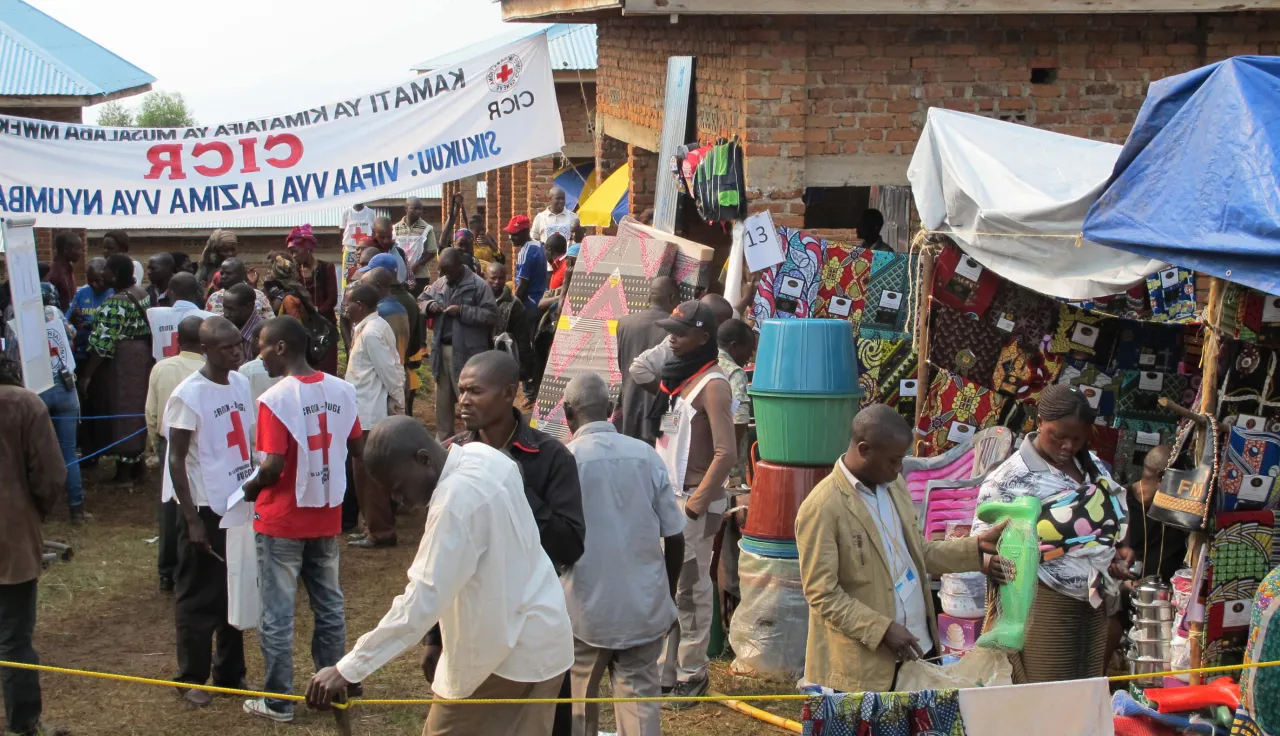
Basic household goods were recently distributed in the highlands of Kalehe, South Kivu, in the rather unconventional style of a market. Set up for people whose homes had been looted or destroyed when they were forced to flee the fighting, the market gave them an opportunity to pick the items they needed and revive the local economy.
Around 40 traders "sold" various household items (metal sheeting, mattresses, clothing, cooking utensils, containers, etc.) to families in exchange for vouchers distributed by the ICRC. A total of 6,500 people shopped at the market.

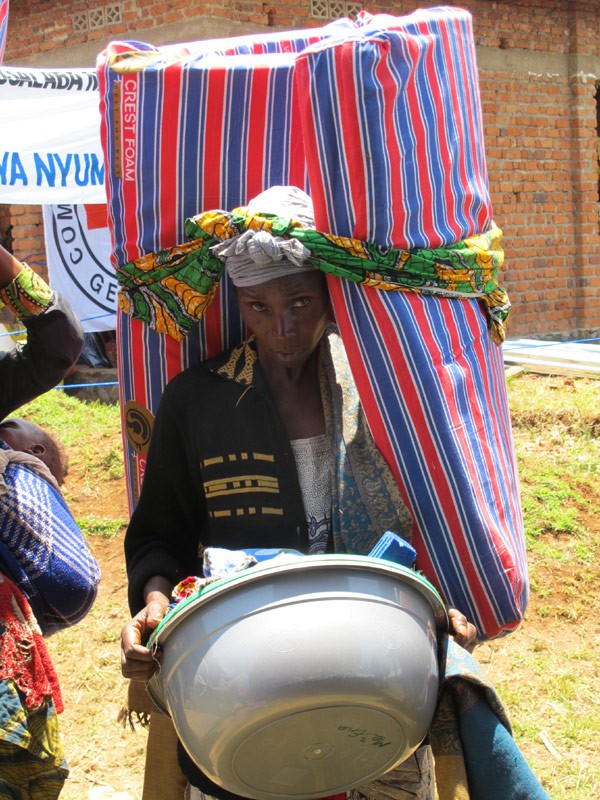
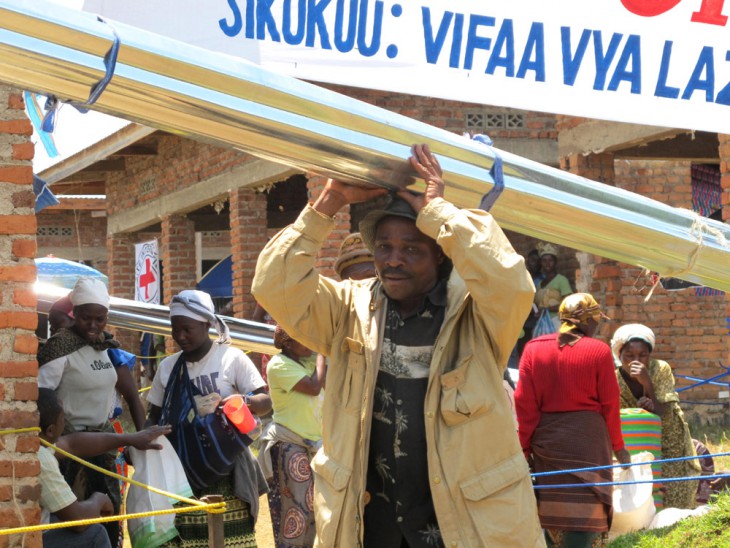
The metal sheeting and mattresses were especially popular!
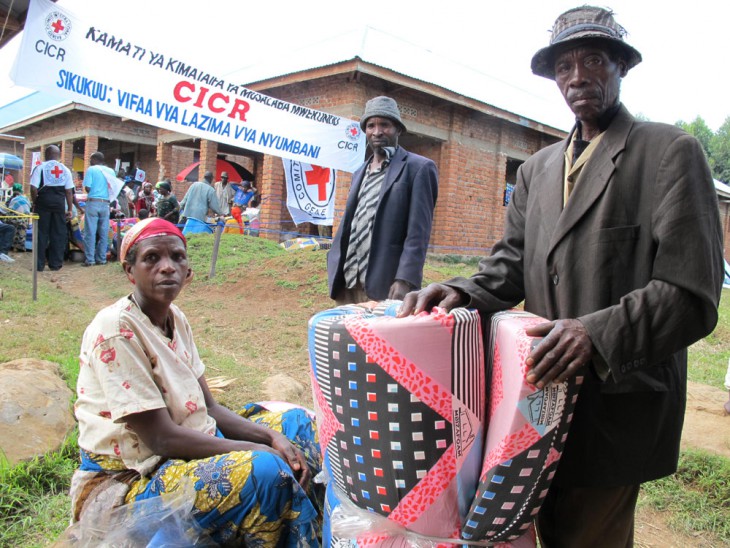
"We have been looted several times by armed men," says Shamamba. "Our eldest son, Jacques, was our only hope, but he was killed. He was our all – he practically took over from his sick and elderly father. Who else was going to help us?"
Mariana, another market goer, adds, "Last night, the whole family got together to decide what we needed. It wasn't easy to agree, as everyone had their own needs. So we decided to pick items that could benefit us all: a mattress, cooking utensils, clothes and some metal sheeting to build a home. We really appreciated this opportunity to get hold of the basic necessities of our choice, for the family – it helped us regain our dignity."
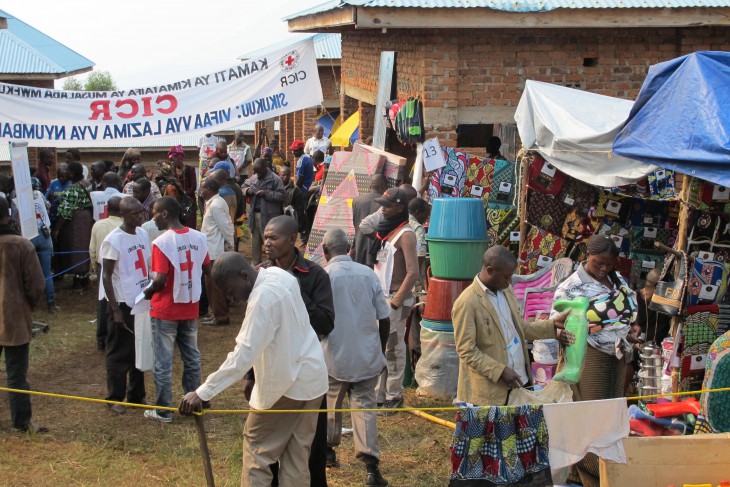
In a thank-you letter sent to the ICRC, the village chief writes: "The villagers stocked up on goods they really needed, without any rush or commotion. Mattresses have replaced straw on beds and new blankets have added a touch of beauty to homes that had previously been left to wild animals."
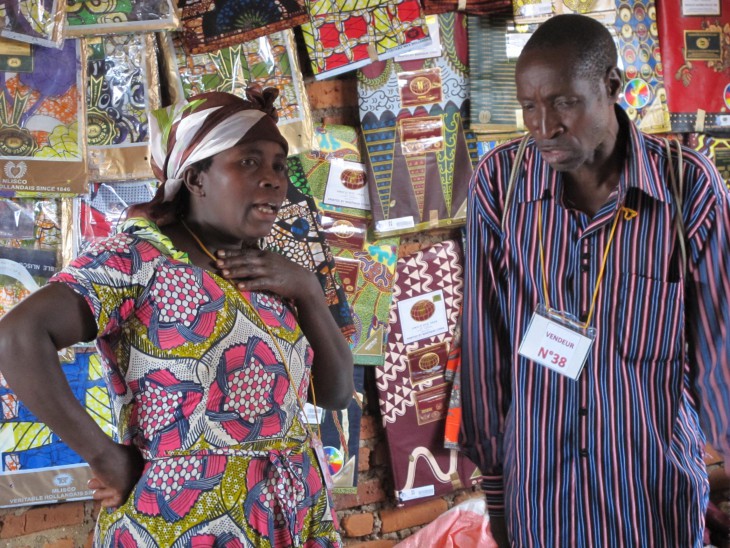
"With all the looting and thefts, people are impoverished and the local economy has ground to a halt[S1] ," says Bohoro Melestine, one of the traders and mother to nine children. "My husband lost his job four years ago. Supporting the family is a daily struggle. The profits I'll get from this market will help me get the kids ready for the new school year, pay for my husband's health care, and stock up on my own goods to sell."



